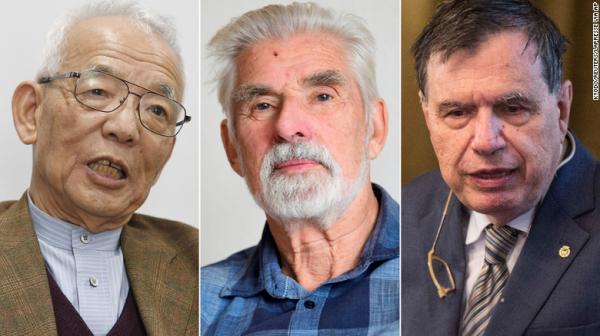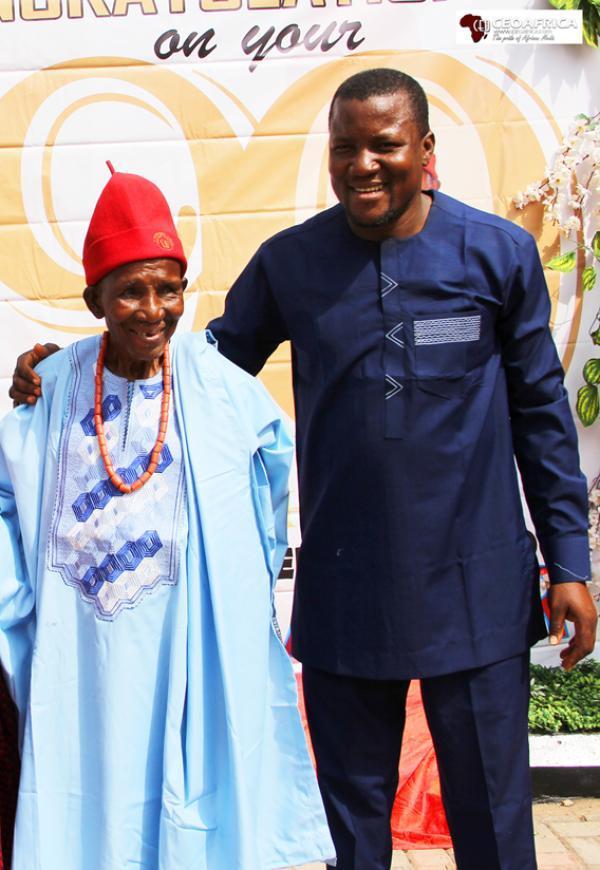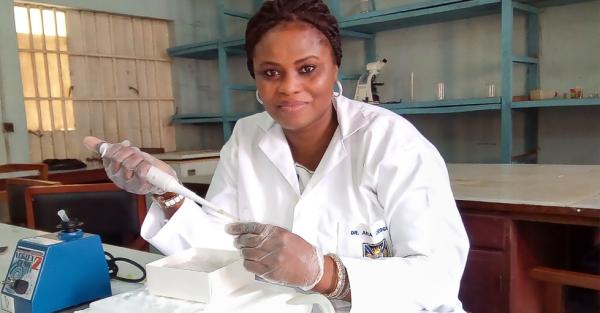
Tuesday 5th Oct.2021: The Nobel Prize in physics has been awarded to scientists Syukuro Manabe, Klaus Hasselmann and Giorgio Parisi, whose groundbreaking work over the past 60 years predicted climate change and decoded complex physical systems.
Manabe, 90, and Hasselmann, 89, were jointly honored for "the physical modelling of Earth's climate, quantifying variability and reliably predicting global warming," according to the news release from the Royal Swedish Academy of Sciences.
Both men carried out pioneering work in the 1960s and 1970s that sounded an early alarm on human-made climate change.
Italian physicist Parisi, 73, claimed the other half of the award, for "the discovery of the interplay of disorder and fluctuations in physical systems from atomic to planetary scales."
The trio were announced as winners at a news conference Tuesday in Stockholm, Sweden.
Manabe, senior meteorologist at Princeton University's Program in Atmospheric and Oceanic Sciences, harnessed the calculating power of early computers and applied it to climate. In the late 1960s, his climate circulation model was on a computer that occupied a whole room and only had half a megabyte of memory.
After hundreds of hours of testing, the model showed that carbon dioxide had a clear impact -- when the level of carbon dioxide doubled, global temperature increased by over 2°C.
"He was the first scientist to do a thorough calculation that was reliable," said Gunnar Ingelman, the secretary of the Nobel physics committee. Today, nearly every climate model relies on the groundbreaking research done by Manabe, he added.
In 1980, Hasselmann, a professor at the Max Planck Institute for Meteorology in Hamburg, Germany, was able to answer the question of why climate models can be reliable despite weather being changeable and chaotic. What's more, he developed methods for identifying impact of humankind on global temperatures.
Parisi's work was more esoteric but no less important, said Moloney. He was was honored for his work examining the changing landscape of material states including seemingly simple things like glass.
"What Parisi's work did was to really help us understand how at that fundamental molecular level ... the qualities of systems that we see around us," said Moloney.
What links the work of the three prize winners, he added, was that it describes the attributes of the natural world's most tiny and fundamental constituents in order to explain large and complex phenomena.
The winners will receive 10 million Swedish kronor ($1.1 million), with one half going jointly to Manabe and Hasselmann and the other half to Parisi.
On Monday, the Nobel Prize in medicine was given to David Julius and Ardem Patapoutian for their discoveries of receptors for temperature and touch.





















